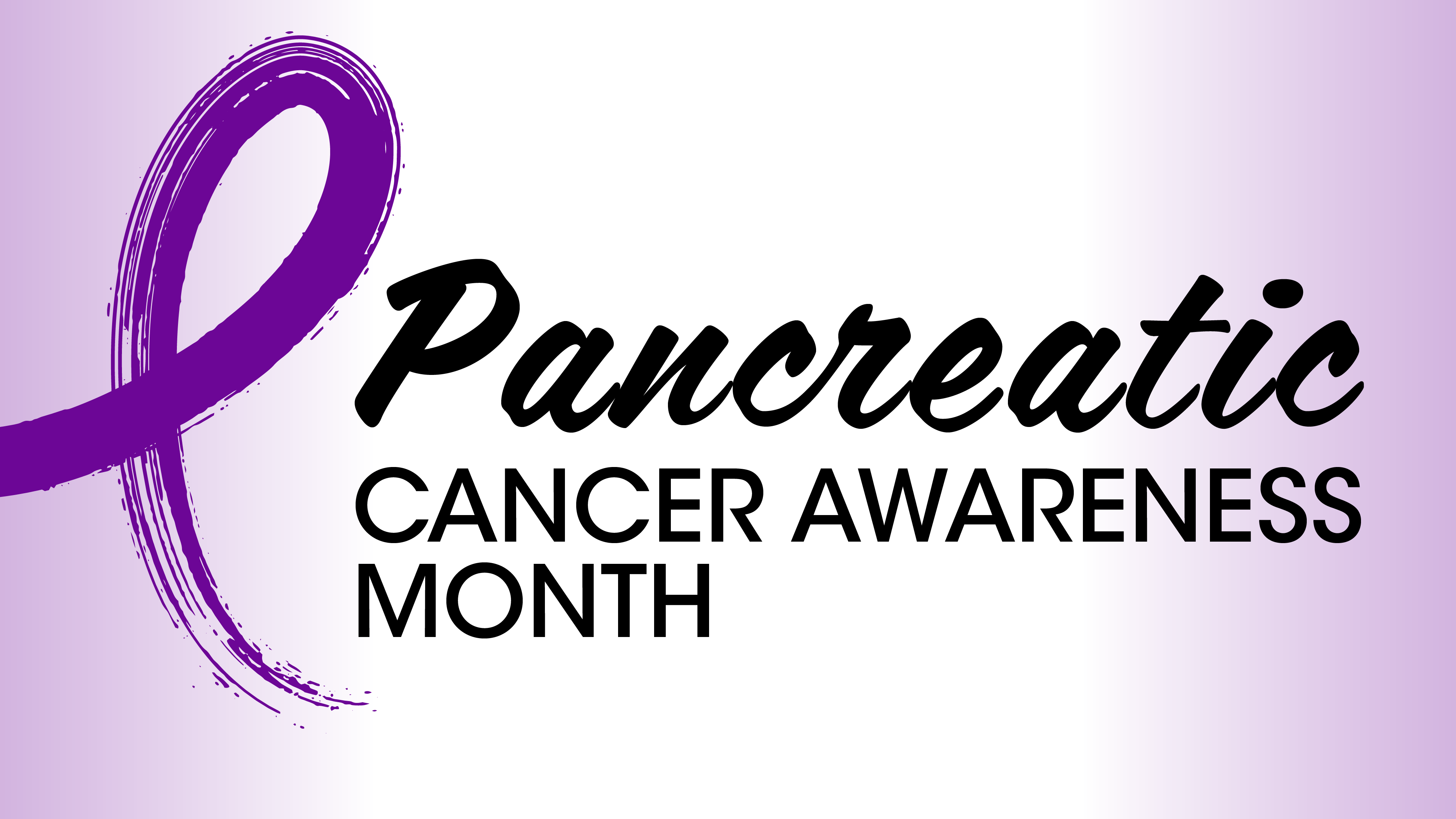
AI to Accelerate the Future of Pancreatic Cancer Prevention/Care

Medical use of AI increases every day, and in the future, will be exponentially greater and many forms of treatment will be improved, according to Russell C. Langan, MD, FACS, FSSO.
Oncology has yet to fully delve into artificial intelligence (AI), but it’s being introduced into the field at a rapid, ever-growing pace, Russel C. Langan, MD, FACS, FSSO, associate chief of Surgical Officer for System Integration and Quality and director of Surgical Oncology at Northern Region, RWJBarnabas Health and Rutgers Cancer Institute of New Jersey, said.
Langan spoke with CancerNetwork® at the 2024 Annual Oncology Clinical Practice and Research Summit and shared his thoughts on the continually expanding presence of AI in oncology. He mentions the likelihood that there will be a change to the software used and it will likely be able to automate follow-up based on previous data. This, he believes, will allow for AI to better stratify risk surveillance for all patients.
At the end of the sit-down, Langan took the time to emphasize the importance of preventative medicine. Instead of worrying about drug development and treatment, he wants other medical providers to shift some of their focus onto finding ways to prevent pancreatic cancer.
Transcript:
My own opinion is that we are just scratching the surface, medically, with the use of AI, and it’s being scratched rapidly. We’re seeing a rapid, exponential increase of AI [entering] into the health care sector, and I believe, over the next few years, exponentially, we are going to see change with respect to the software that we are using. I do believe that it will be able to automate follow-up because it will have learned what the follow-up is per patient. It will have specific, automated follow-up per patient, longitudinally. I do believe that over time, we’ll be able to pull in other AI software that looks at textual-based analysis of scans or genetic analysis, and then better risk-stratify surveillance for patients.
The takeaway is putting focus on preventative medicine. We are seeing a dramatic rise in younger, solid organ malignancies in the United States, and there are theories of why that is happening. Instead of the focus being on drug development or treatment, I want the takeaway to be “let’s put some focus on preventative strategies” and this is certainly one.
Newsletter
Stay up to date on recent advances in the multidisciplinary approach to cancer.



































